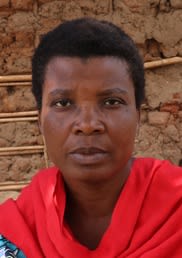Bad blood: Perceptions of children born of conflict-related sexual violence and women and girls associated with Boko Haram in northeast Nigeria
This research found that girls and women kidnapped by Nigeria’s insurgent group, Jamāʻat Ahl as-Sunnah lid-daʻwa wal-Jihād (JAS), commonly known as Boko Haram, face mistrust and persecution upon their return to society.
Sexual violence is a characteristic of the ongoing insurgency in northeast Nigeria, during which hundreds of women and girls have been raped by fighters belonging to Jama’atul ahl al-sunnah li da’awati wal jihad (JAS), known globally as Boko Haram. Many of the women and girls were abducted, forcibly married to their captors and became pregnant as a result of rape.
The ongoing offensive of the Nigerian Armed Forces and the recapturing of swathes of territory held by JAS has led to large numbers of men, women and children being encountered and released. Women and girls who have been subjected to sexual violence have been returning to their communities in the internally displaced camps and host communities or returning to their local government areas (LGAs). Some are returning with their children who were born as a result of sexual violence.
As they return, many face marginalisation, discrimination and rejection by family and community members due to social and cultural norms related to sexual violence. There is also the growing fear that some of these girls and women were radicalised in captivity. The children who have been born of sexual violence are at an even greater risk of rejection, abandonment and violence.






